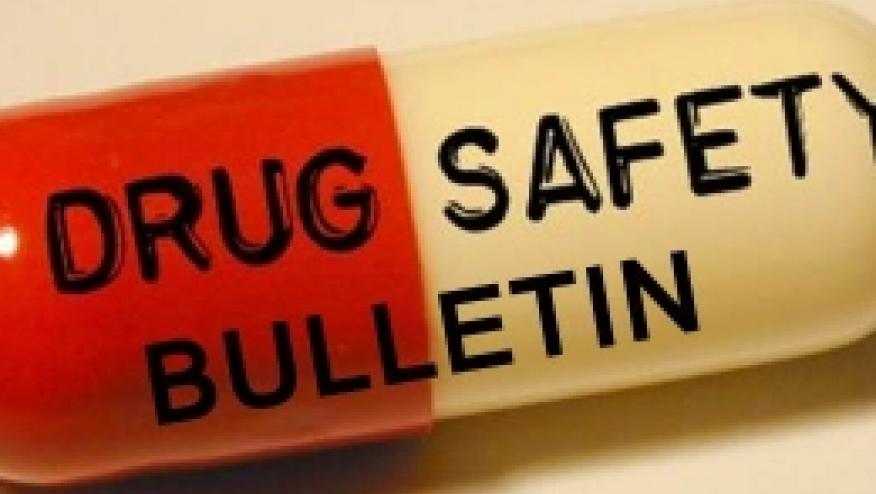Drug Safety Bulletin - March 2016 Save

RheumNow is committed to reporting safety issues in our monthly Drug Safety Bulletins, wherein we will update you with reports of new, ongoing and resolved Drug Shortages that will affect rheumatology. If you have suggestions or information about specific drug shortages or drug safety issues please email us at: info@rheumnow.com .
Reported Drug Shortages as of March 2, 2016
|
Reason for shortage |
Estimated Availability |
|
|
Chloroquine tablets (250, 500 mg) |
Fewer manufacturers. Another has shortage due to 3rd party supply issues. |
One of three makers have full supply as of 3/25/16 |
|
Epinephrine injection |
Product discontinuations, increased demand. |
Intermittent backorder |
|
Ketorolac injection (15, 30, 60mg/ml) |
Back ordered, increase demand |
3 manufacturers have available product as of 3/7/16 |
|
Lidocaine injection, 1%, 2% (2 ml, 5 ml, 10 ml vials) |
Manufacturing delays, increased demand, supply interruptions |
Intermittent availability; projected resolutions for late March or May 2016 |
|
Morphine injection (40mg/ml, 80mg/ml) |
Unknown, manufacturing delays |
Intermittent back order or limited supply; resolution date unknown. |
|
Zolpidem (5 mg, 10 mg tablets) |
4 manufacturers; no reason available. |
Back order; early-mid April 2016 |
|
Source: http://www.ashp.org/DrugShortages/Current http://www.accessdata.fda.gov/scripts/drugshortages/default.cfm |
||
RESOLVED Shortages: Allopurinol, Azathioprine, Chloroquine, Colchicine, Dexamethasone parenteral, Hydroxychloroquine, Leflunomide.
Drug Safety News
Elderly at Risk for Polypharmacy and Major Drug Interactions. A cohort study of geriatricians from 2 different time periods showed that polypharmay (>5 drugs) increased from 30.6% to 35.8% and that the risk of a potential major drug-drug interaction significantly increased from 8.4% in 2005-2006 to 15.1% in 2010-2011.
Safety of Anakinra in Refractory Pericarditis. Retrospective review from the Mayo Clinic of 13 patients showed that all improved rapidly (within 2-5 days) and 31% injection site reactions were the only safety concern. http://www.ncbi.nlm.nih.gov/pubmed/26279106
The Safety of Belimumab. Two recent reports have analyzed the cumulative safety of belimumab in lupus. First, an analysis of 987 patients in BEL trials showed that . Nearly 43% of patients withdrew overall; the most common reasons being patient request (17%) or adverse events (8.5%). Drug-related AEs were seen in 43%; including infections/infestations (28%) and gastrointestinal disorders (14%). The second study, a metanalysis of 4 trials and 4692 patients compared the efficacy and safety of BEL + standard therapy against placebo + standard therapy. They found no difference in serious adverse events between groups.










If you are a health practitioner, you may Login/Register to comment.
Due to the nature of these comment forums, only health practitioners are allowed to comment at this time.